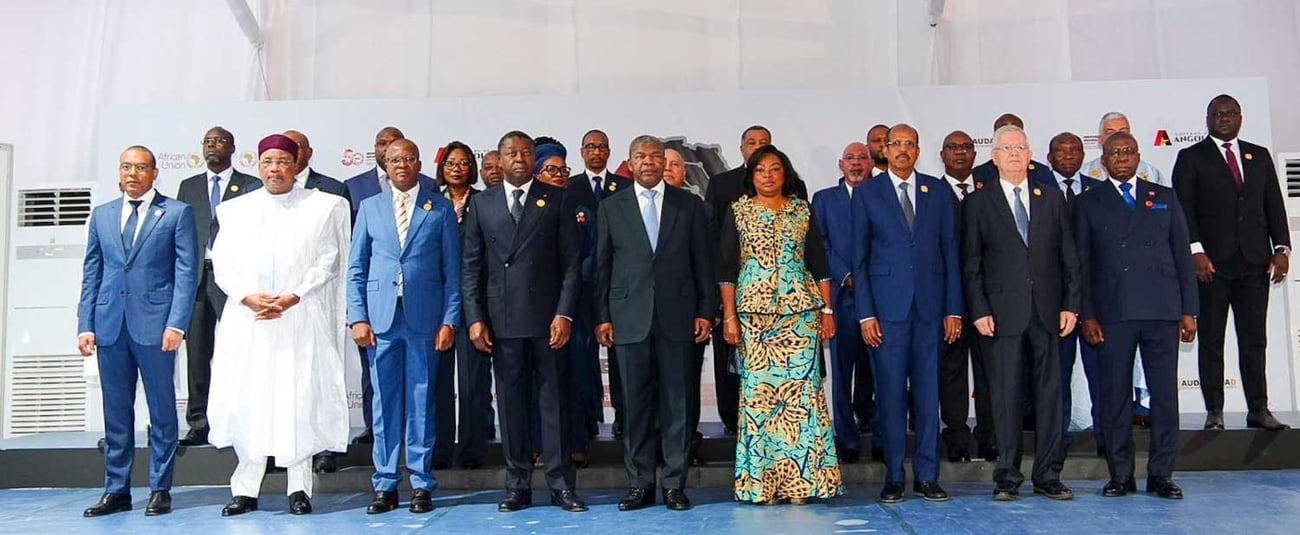
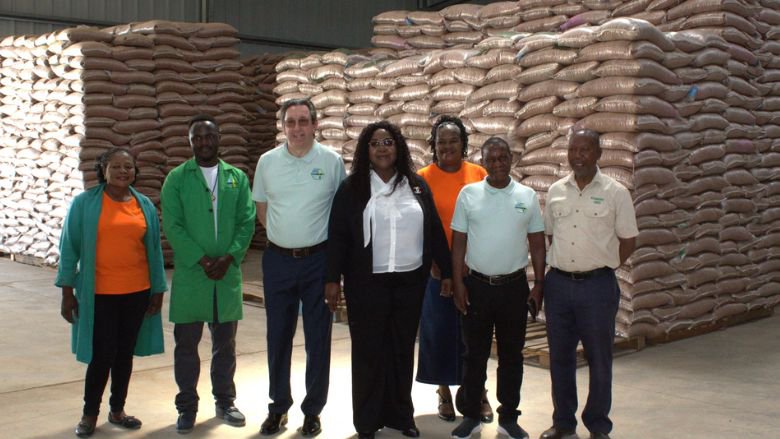
In the heart of Zambia, Sylvia Chisangano Horemans is empowering women and small-scale farmers through her expanding seed business, Kamano Seed. Thanks to the World Bank-supported Zambia Agribusiness and Trade Project (ZATP) Kamano seed has seen remarkable growth, and Sylvia has increased the number of farmers she is helping from 800 to 2,900. Sylvia’s journey began with a passion for improving the lives of women. She has done so by supporting them in crop production and teaching them how to cook diverse types of nutritious meals from their harvest. “I believe that apart

The G20 summit in South Africa, a gathering of the world’s major economies, has ended with a joint declaration committing to “multilateral co-operation”. The declaration, which covered climate change mitigation and economic inequality, was adopted despite objections from the US, which boycotted the meeting in Johannesburg. Speaking at the closing ceremony on Sunday, South African President Cyril Ramaphosa said the agreement showed “shared goals” outweighed the countries’ differences. American President Donald Trump chose to abstain from the G20 because of a widely discredited claim that South Africa’s white minority is the
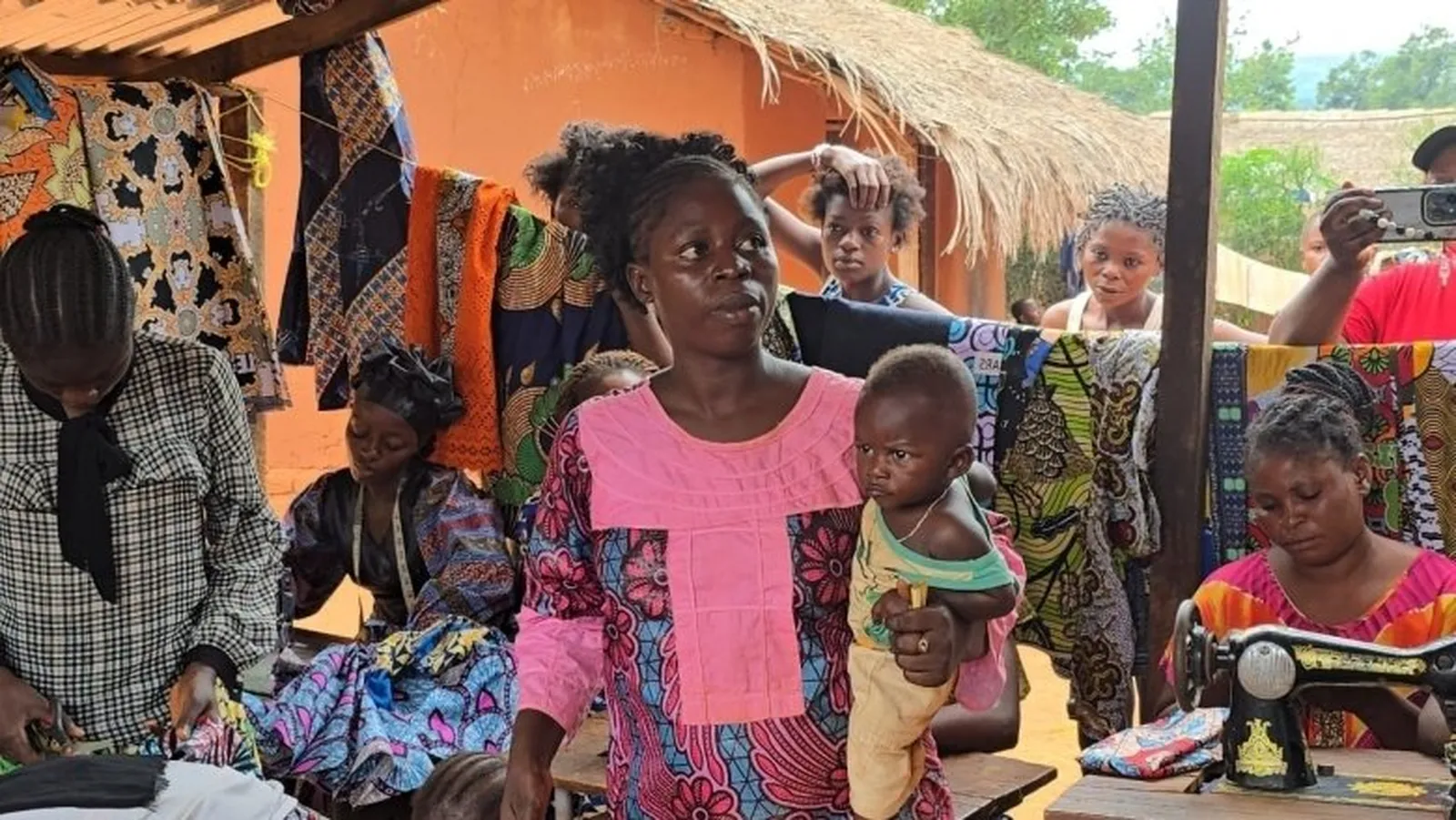
How can social protection programs in the Democratic Republic of Congo (DRC) be transformed into powerful engines for entrepreneurship, job creation, and income diversification? This question is explored here by examining innovative social protection initiatives through real-life success stories that are driving inclusive and sustainable economic growth across the country. The DRC stands at a critical juncture today, facing rapid demographic growth and severe economic challenges. The population is getting close to 100 million people, about 73.5% of whom live on less than $2.15 per day—i.e., roughly 71.8 million individuals.

The African Development Bank Group (AfDB) has reaffirmed its unwavering commitment to advancing a connected, industrialised, and inclusive Africa by enabling investments in infrastructure and regional integration, and by supporting more effective policy-making. This pledge was made by Joy Kategekwa, Director of the Bank Group’s Regional Integration Coordination Office, at the third Luanda Financing Summit for Africa’s Infrastructure Development. The summit took place in the Angolan capital from 28 – 31 October 2025, under the theme “Capital, Corridors, Trade: Investing in Infrastructure for the AfCFTA and Shared Prosperity.” It brought
By Prableen Bajpai Updated October 30, 2025 Reviewed by Andy Smith Fact checked by Vikki Velasquez Africa is rapidly becoming a major destination for emerging markets investors. The World Economic Forum has identified more than half of the world’s fastest-growing economies as located in Africa since 2020.1 Here we look at Africa’s economic development since 2000 and its future prospects and key investment vehicles: stocks, ETFs, mutual funds, ADRs, and real estate. There are nonetheless some risks and a need for due diligence when investing in the region. Key Takeaways Unlocking Africa’s Natural

-commerce growth has completely changed how goods flow through supply chains, forcing logistics professionals to rethink traditional distribution models that once relied on centralized hubs and predictable delivery routes. With customers expecting same- or next-day shipping, regionalized networks have become the key to balancing cost and sustainability. Integrating intelligent routing systems, real-time tracking and warehouse automation allows regional networks to adapt faster to fluctuating demand and disruptions. Read also: Sustainable Packaging Trends in Global E-Commerce Logistics For logistics leaders, effective e-commerce distribution strategies lie in creating a connected ecosystem where information
To be Africa’s leading hub for economic growth and development, shaping conversations that drive progress across the continent.
Africa has the youngest, fastest-growing population of any continent. This is reflected in the innovative strength emanating from many African nations: young scientists in particular are being supported and are developing creative, climate-friendly strategies that have the potential to solve global problems. At the same time, many African countries face immense challenges: political crises, wars, population growth and climate change. Solutions are being developed on a local level. In Kenya, for example, a team of young scientists has succeeded in using new technologies to reduce the price of animal feed production. Mobile communication solutions from Nairobi deliver knowledge and education in indigenous languages to the remotest regions of East Africa. Kenya and Uganda are already supplied with more than 90 per cent renewable energy. A young Afro-German entrepreneur in Kampala is taking advantage of this – he wants to expand e-mobility in private transport. The municipal healthcare system in Accra, Ghana, is already working with artificial intelligence developed in Africa.
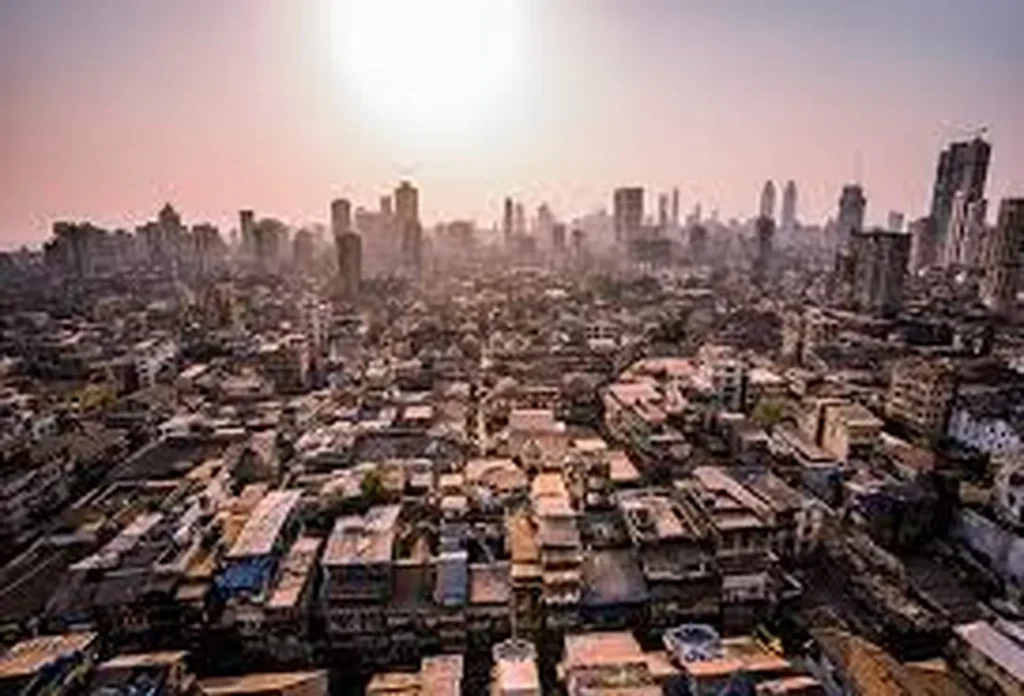
Economic Development Africa is a trusted platform dedicated to delivering insightful data on economic development in Africa., and building partnership with international investors and developer.
We provide in-depth coverage of policies, investments, innovations, and market trends shaping the continent’s growth.
Our mission is to bridge knowledge gaps by highlighting opportunities, challenges, and success stories across Africa’s diverse economies. From infrastructure and trade to technology, agriculture, energy, and finance, we offer analysis that empowers policymakers, investors, entrepreneurs, and citizens to make informed decisions.
We believe Africa’s development story deserves a strong voice that can echo both the local realities and global contexts of growth opportunities.
Whether you are an African business leader, an international investor, a researcher, or simply passionate about the continent’s future, our platform serves as your gateway to Africa’s economic transformation.
info@ecodevafrica.com